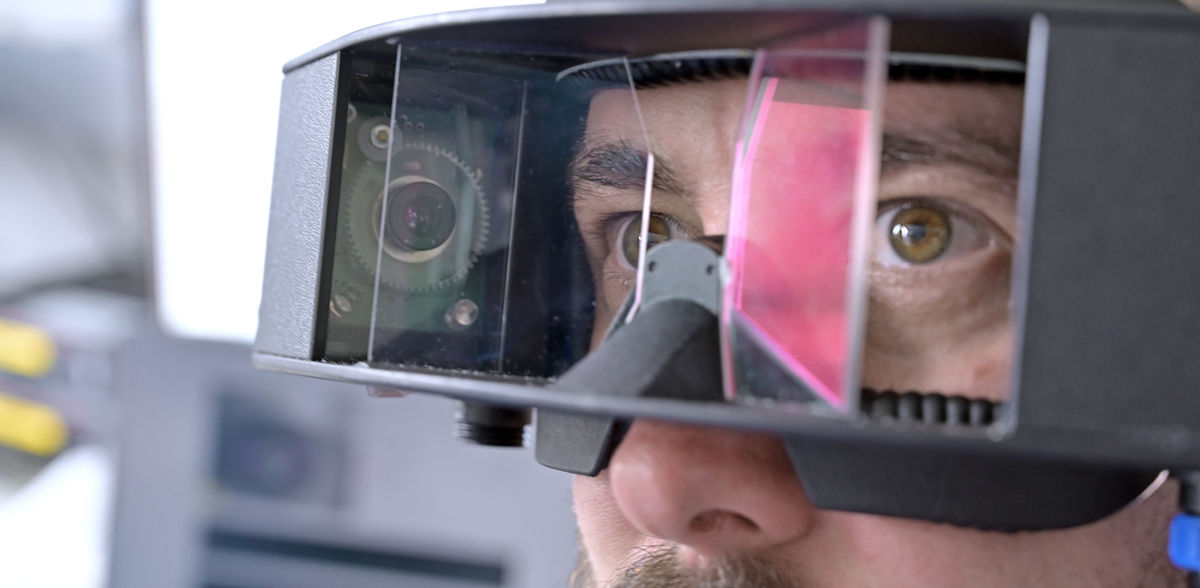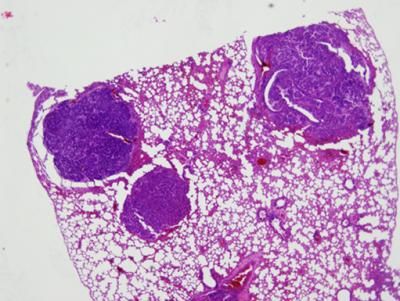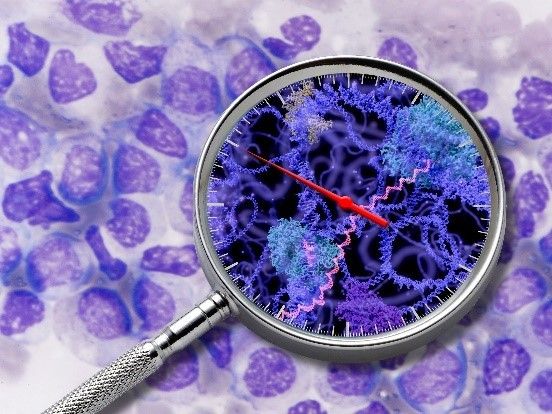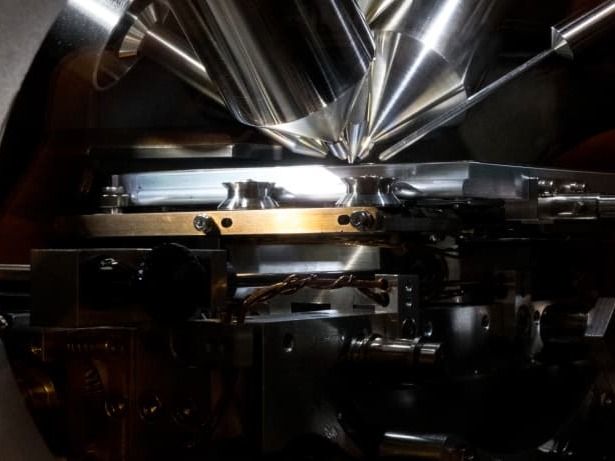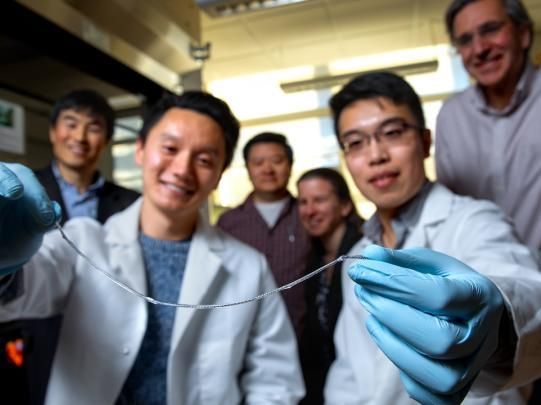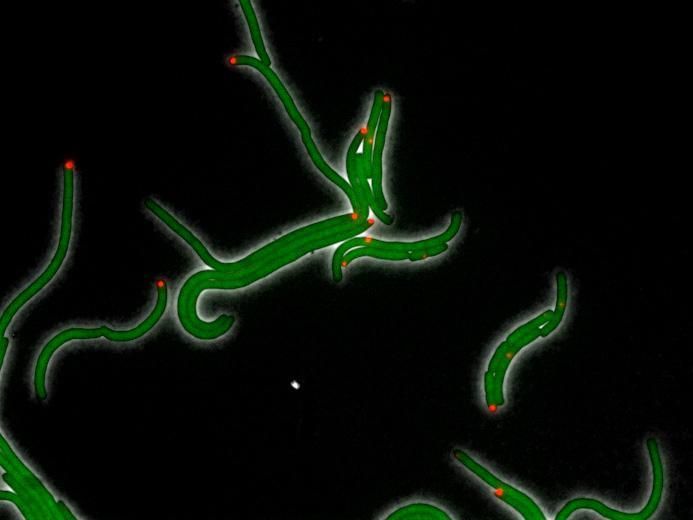Long COVID makes thinking slower
Objective evidence for mental fatigue
Characteristic of the attention and concentration problems in long covid is slowed information processing. With this result, neuropsychological studies of the University Hospital Jena can objectively prove the cognitive impairment often reported by affected persons. This also provides a target for therapeutic training and a criterion for the effectiveness of therapeutic approaches.
As one of the first hospitals nationwide, Jena University Hospital (UKJ) established an interdisciplinary outpatient clinic for post-COVID. Many patients came forward who had recovered from the SARS-CoV2 infection but did not yet feel healthy at all. A large proportion of those affected can only work to a limited extent or not at all. Because more than half also complained of concentration and attention disorders, the UKJ's Memory Center has been involved in their care from the beginning.
The center's multidisciplinary team comes from the fields of neurology, psychiatry, neuropsychology, occupational therapy and social work and has a comprehensive set of diagnostic tools at its disposal. For example, neurocognitive tests can be used to objectively assess various aspects of cognitive performance, such as memory, language performance, processing speed or the ability to prioritize. "This results in patterns that are typical for various neurological diseases," explains Prof. Dr. Kathrin Finke, the center's psychological director. "We can use these signatures, for example, to help distinguish different incipient dementias from depression or to classify different syndromes after strokes. We were naturally interested in whether Long COVID also has a typical deficit profile."
Objective evidence for mental fatigue
The team therefore examined the cognitive performance of 40 post-COVID patients with subjectively persistent cognitive deficits after COVID infection. It compared the results with those of 40 healthy control subjects of corresponding age, gender, and education level. All participants underwent a computer-based test under laboratory conditions in which they were asked to record and name briefly presented letters. This allows various attention functions to be determined with great accuracy. "In the process, we found that post-COVID patients process visual information significantly slower than healthy individuals. This speed is a good measure of their mental alertness and responsiveness," says neuropsychologist Eva Maria Martin.
To measure how quickly the test subjects fatigue, the study team used special glasses with an integrated infrared camera in the sleep laboratory of the Department of Neurology. These can detect pupillary restlessness, a biomarker for general brain activation. In addition, the participants assessed their mental fatigue with the help of a questionnaire. As a result, the study team was able to establish a clear correlation between the measured processing speed, pupil restlessness and subjectively perceived exhaustion. Eva Maria Martin: "Compared to the control group, the post-COVID group has a lower processing speed and tires more quickly. This allows us to objectively demonstrate the mental fatigue reported by those affected."
Standard tests confirm cognitive deficits
Continuing the study, the team investigated whether this finding could be confirmed with neuropsychological tests that are much more widely used and do not require specialized laboratories. The researchers were also interested in whether the deficits found change over time. To this end, they repeated the tests after a period of six months. The result: Even in the clinically established standard tests, deficits were always found in the post-COVID group when it came to rapid information processing and fast reaction. This slowing persisted unchanged over six months.
"We see this as evidence of chronically diminished brain activity in Long-COVID, manifested primarily in slowed information processing. This relatively stable profile is characteristic of neurocognitive symptoms in post-COVID and certainly also of long-term sequelae after other infections," emphasizes Kathrin Finke. Thus, the slowed information processing speed is not only an important criterion for the objectification of cognitive deficits in the context of this clinical picture. It could also be suitable as a measure to assess the effectiveness of therapeutic approaches.
Note: This article has been translated using a computer system without human intervention. LUMITOS offers these automatic translations to present a wider range of current news. Since this article has been translated with automatic translation, it is possible that it contains errors in vocabulary, syntax or grammar. The original article in German can be found here.
